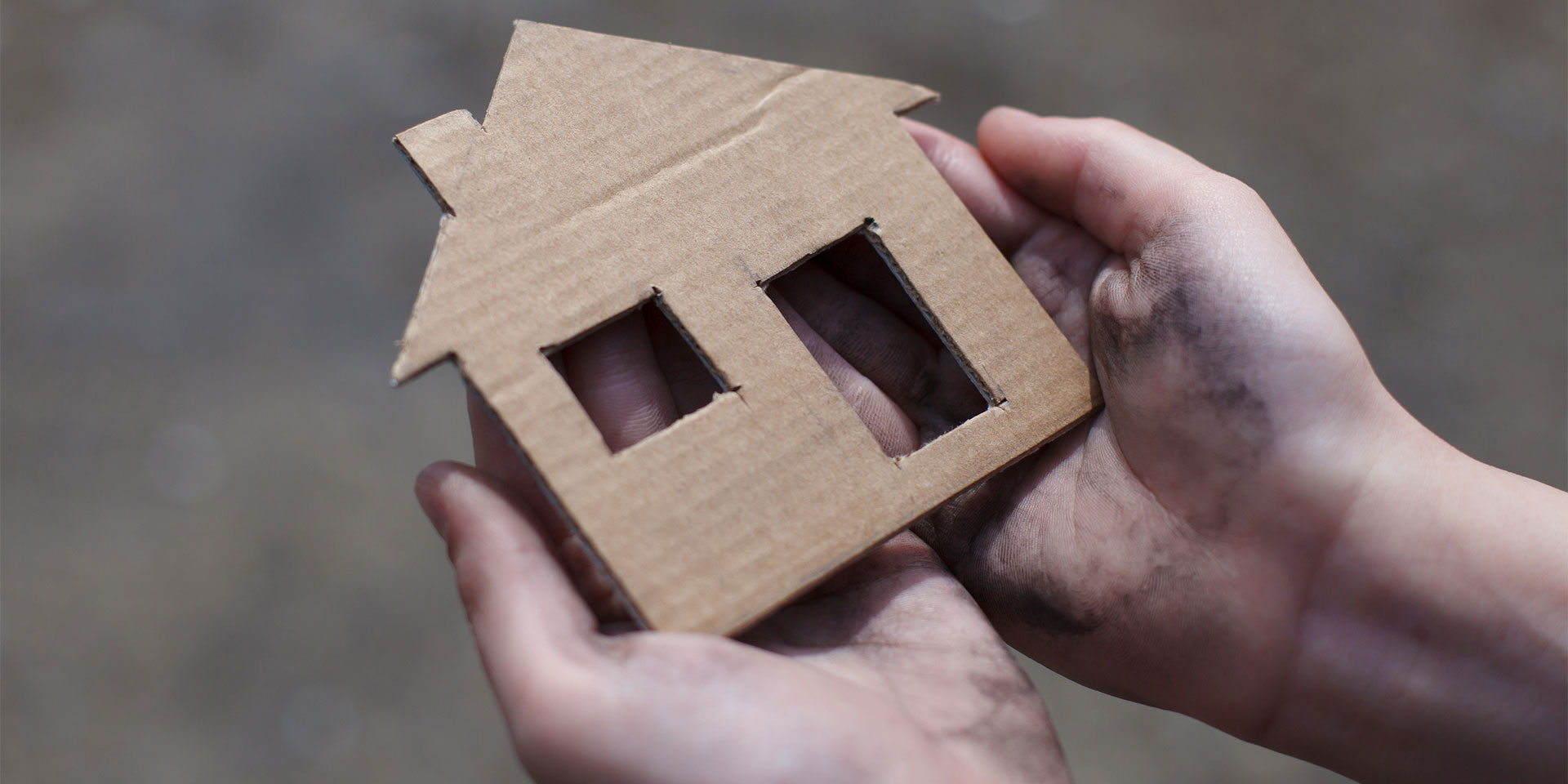Have you ever wondered how the homeless people you encounter on the streets ended up in that situation? The answer could be much more complicated than you think, and their situation much easier to fix, if we—all those who see them—did not behave as if their lives do not matter.
The economic crisis in Greece and the wave of refugees stranded after crossing the Mediterranean have increased the number of homeless people in Athens in recent years. The current estimate of their number is around 20,000. For all of them, a normal thing like doing laundry is a luxury they can’t afford.
In Omonia Square, a group of homeless people holding plastic bags are waiting for the arrival of a van. They are not waiting for food. They want to wash the few clothes they have. In 2014, on the streets of Athens a van popped up, for which Thanos Spiliopoulos and Fanis Tsonas had fought relentlessly. The two young men, only 24 years old, and graduates from an engineering faculty, set up the Ithaca Mobile Laundry, meant to help homeless people.
Thanos was the one who came up with the idea and founded an NGO to get funding, and Fanis took care of modifying the van to allow the installation of two washing machines and two dryers. The washing machines and dryers were donated by an appliance company, and electricity and water are provided by the municipality.
The four-wheeled laundry runs six days a week and moves from one part of Athens to another. It offers free washing and drying of clothes or blankets. “Washing people’s clothes is about improving life conditions, about re-establishing their self-esteem and about giving dignity back to them,” Thanos says. He is convinced that their project facilitates the reintegration into society of those who now live on the streets or in shelters, and who don’t have access to running water or electricity. They also have evidence to support their arguments.
Christos is one of the organization’s employees and works along with the volunteers to make an inventory of the clothes and return them after washing. Just a year ago, he was one of the beneficiaries of the service. Like those he helps now, he also lived on the streets. He understands their needs and challenges and knows how important what he does is: “If your clothes are not clean, another person won’t come close to you, they won’t approach you. So the distance between you and other people starts to widen. The fact that I was clean helped me to narrow the gap, to recover my self-esteem, and to start to feel good about myself”.
So far, more than 1,200 people have benefited from the Ithaca laundry service. Although this does not guarantee that everyone’s lives will be radically changed, as was the case with Christos, Thanos explains the purpose of the Ithaca laundry using the name they chose. Just like Ithaca, the homeland of Odysseus, it has become a symbol of a much-dreamed-of goal that one can achieve through sacrifices. Helping homeless people is a first step towards them dreaming again. “Cleanliness leads to dignity and this, in turn, leads to new opportunities”. All the beneficiaries have to do is make the effort to take advantage of the service.
Andrei Budai is also in the business of offering opportunities to homeless people. Andrei is a 34-year-old Romanian engineer, who moved to Great Britain two years ago. After working in several fields that are completely different from his specialization, he returned to an old passion he had back in his student years: haircutting. He took specialization courses and opened a small salon in Portsmouth, the only city in the British Isles with a higher population density than London.
Beyond the business that has slowly taken hold due to the large Romanian community in Portsmouth, Andrei looked for ways to help those in his community. That’s how he got to the priest at a nearby church, who suggested he get involved in a project to help homeless people. The church sheltered them on cold nights and offered them a warm meal.
Inspired by other barbers who help homeless people through their profession, Andrei proposed that the priest refer those who wanted to get a haircut to him. Every Monday night, after work, Andrei stays to give them a free haircut. To his joy, many people of several nationalities come to him: English, Polish, even Romanians. He is already planning a long-term project: “I’m thinking of how to turn this into something permanent, because these people will need such services in the future,” Andrei says.
Inspired by his gesture, one of his clients at the barbershop decided to help in any way he could. He has already contacted the priest who collaborates with Andrei and offered to provide food for several homeless people.
The solutions found by Thanos, Fanis, and Andrei may seem insignificant compared to the problems faced by homeless people. The help they offer to restore dignity and self-esteem may seem like just a drop in the ocean. However, their example attracts other “drops”. If we each contribute with what we can, we could solve many of mankind’s problems. After all, the ocean is nothing but the sum of many drops.




















